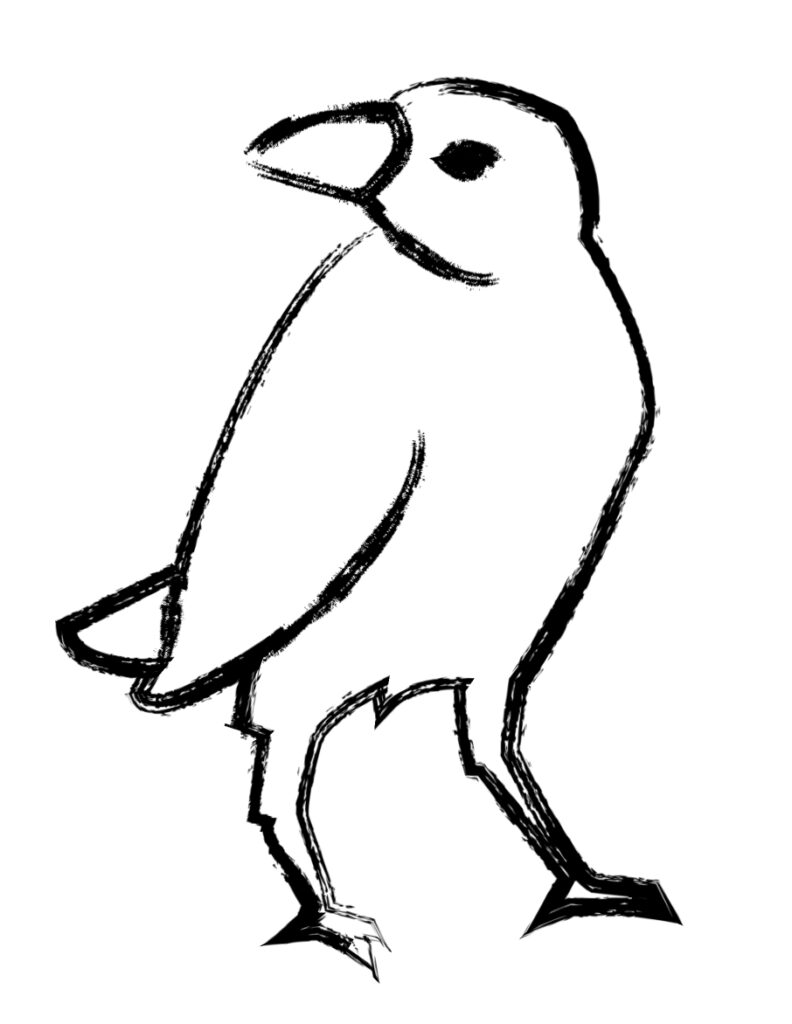
1 Kings 17
Now Elijah the Tishbite, of Tishbe in Gilead, said to Ahab, “As the Lord the God of Israel lives, before whom I stand, there shall be neither dew nor rain these years, except by my word.” The word of the Lord came to him, saying, “Go from here and turn eastward, and hide yourself by the Wadi Cherith, which is east of the Jordan. You shall drink from the wadi, and I have commanded the ravens to feed you there.” So he went and did according to the word of the Lord; he went and lived by the Wadi Cherith, which is east of the Jordan. The ravens brought him bread and meat in the morning and bread and meat in the evening, and he drank from the wadi. But after a while the wadi dried up because there was no rain in the land.
Then the word of the Lord came to him, saying, “Go now to Zarephath, which belongs to Sidon, and live there, for I have commanded a widow there to feed you.” So he set out and went to Zarephath. When he came to the gate of the town, a widow was there gathering sticks; he called to her and said, “Bring me a little water in a vessel, so that I may drink.” As she was going to bring it, he called to her and said, “Bring me a morsel of bread in your hand.” But she said, “As the Lord your God lives, I have nothing baked, only a handful of meal in a jar and a little oil in a jug; I am now gathering a couple of sticks so that I may go home and prepare it for myself and my son, that we may eat it and die.”
Elijah said to her, “Do not be afraid; go and do as you have said, but first make me a little cake of it and bring it to me, and afterward make something for yourself and your son. For thus says the Lord the God of Israel: The jar of meal will not be emptied and the jug of oil will not fail until the day that the Lord sends rain on the earth.” She went and did as Elijah said, so that she as well as he and her household ate for many days. The jar of meal was not emptied, neither did the jug of oil fail, according to the word of the Lord that he spoke by Elijah.
After this the son of the woman, the mistress of the house, became ill; his illness was so severe that there was no breath left in him. She then said to Elijah, “What have you against me, O man of God? You have come to me to bring my sin to remembrance and to cause the death of my son!” But he said to her, “Give me your son.” He took him from her bosom, carried him up into the upper chamber where he was lodging, and laid him on his own bed. He cried out to the Lord, “O Lord my God, have you brought calamity even upon the widow with whom I am staying, by killing her son?” Then he stretched himself upon the child three times and cried out to the Lord, “O Lord my God, let this child’s life come into him again.”
The Lord listened to the voice of Elijah; the life of the child came into him again, and he revived. Elijah took the child, brought him down from the upper chamber into the house, and gave him to his mother; then Elijah said, “See, your son is alive.” So the woman said to Elijah, “Now I know that you are a man of God and that the word of the Lord in your mouth is truth.”
Reflection
There are a number of Old Testament prophets that are featured in their own books of the Bible, but Elijah is not one of them. He lived and prophesied in the 9th century BC during reign of King Ahab, the seventh king of the northern kingdom of Israel. He is known as the unrighteous king who found himself in a battle with Elijah over whose god was more powerful–Baal or Yahweh. That story ends with fire reigning down from the heavens to ignite Elijah’s water drenched altar, confirming for all of Israel, that Yahweh truly was the Living God.
While that narrative can be found in 1 Kings 18 (and is well worth the read), our text for today contains far less drama and excitement. What it does contain, however, is the odd story of how God provided for Elijah during the drought they were facing.
In reference to our ornament for today, we see God cared for Elijah through the ravens that brought him bread and meat. Next, through an encounter with a poor widow and her son, God continues to care for both Elijah as well as the hosts he foisted himself upon. Every day, when the widow went to gather the meal and the oil, both were sufficient to feed all three. Through these examples, we see God use unusual means to care for the prophet and a widow, who was ready to accept death for herself and her son. And, later in the story when the son actually dies, Elijah is there to call upon God for a miracle, and the son is raised back to life. It makes me wonder if that was why God directed Elijah to the widow in the first place.
Although we can wonder about a number of facets of this text, what is clear is that God loves the prophet Elijah and wasn’t about to let him die. Perhaps God was keeping him around for all of his exploits in chapter 18. Once again, we see God’s loving and faithful hand guiding the people of Israel.
